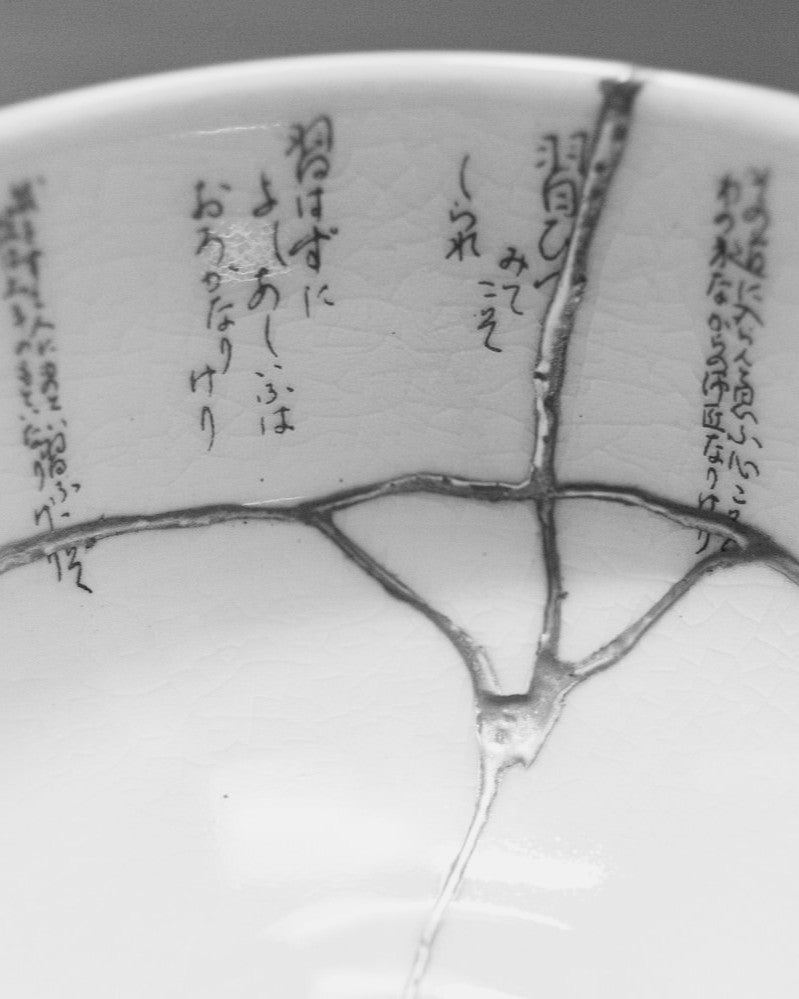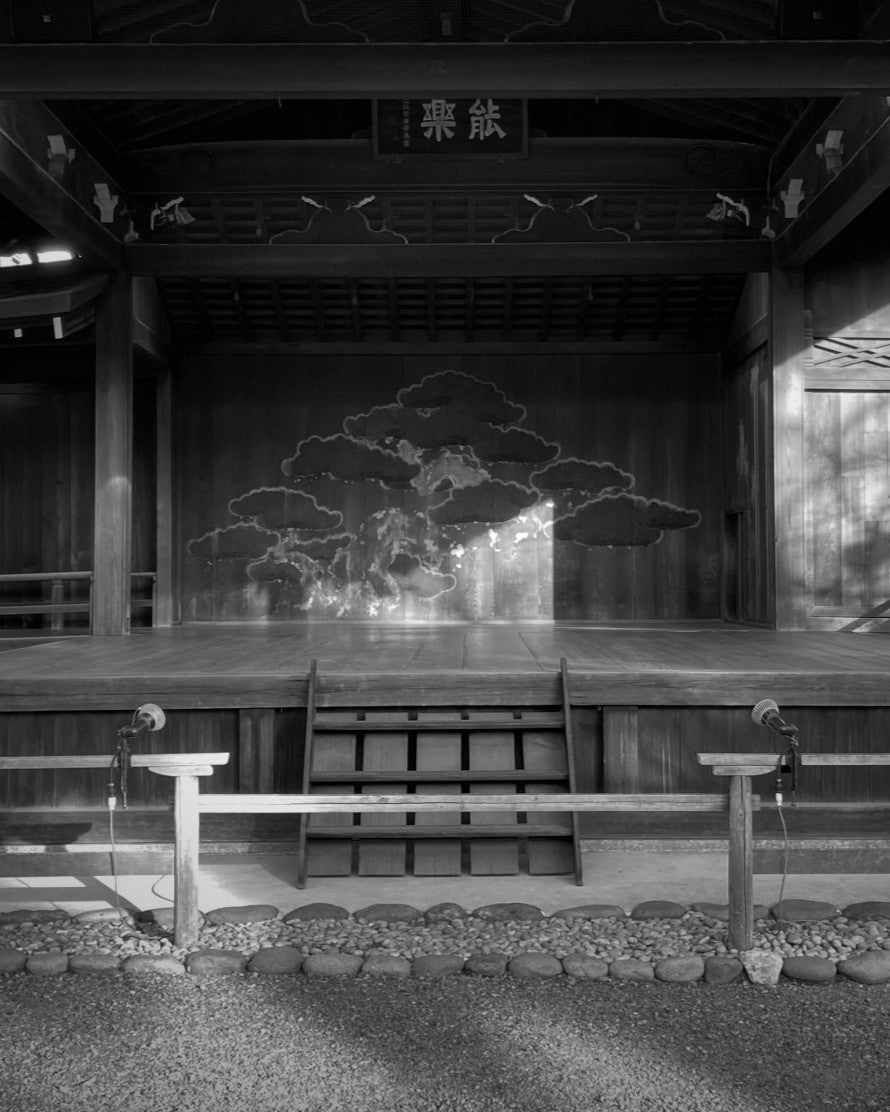Tips for accepting diversity and living together.
The Ainu are an indigenous people who have lived in Hokkaido, Sakhalin, and the Kuril Islands since ancient times.
The word “Ainu” means “human being” in their language, and it embodies the value of equality with all beings in nature.
In this column, we will introduce the Ainu culture's attitude of coexistence through their language, lifestyle, and spirituality.
Kamui, the god who dwells in all things.
The Ainu people believe that all mountains, rivers, animals, and plants are inhabited by “Kamui” (gods) and view them as fellow beings. They have lived their lives with deep gratitude for the blessings of nature. When hunting or fishing, it is customary not to take more than necessary and to offer prayers of gratitude.
There is no word in the Ainu language that corresponds to “thank you.”
Instead, they express their gratitude through actions and prayers.
They also place great importance on relationships with their families, communities, and other ethnic groups, valuing coexistence through dialogue and respect. The spirit of “accepting and utilizing differences rather than denying them” is deeply rooted in Ainu culture.
Even as civilization advances, our hearts still yearn to connect through emotion. The wisdom of “living together” that has been woven into Ainu culture resonates with many people across countries and generations.
Having a perspective of living together with nature and with people. That may be the first step toward a sustainable and harmonious future.
A story of quiet mind and peace, on your skin.
Japanese culture and Buddhist teachings breathe a spirit that guides one toward harmony within connections to nature and others.
Amidst busy days, some choose to inscribe Japanese kanji tattoos as a way to make that spirituality a talisman for their way of life.
haikei designs are not mere decoration; they reflect your inner spirituality and serve as expressions that guide your life's path.
Furthermore, the words of kanji carry a quiet prayer: a prayer for peace for all people worldwide, born from the realization of the preciousness of valuing yourself and, in turn, valuing others equally.
Read more

New value resides in broken things. A philosophy of regeneration that resonates with the human heart. Kintsugi is the art of repairing broken pottery by joining the pieces together with gold.Rather...

It stops time and deeply stirs the heart. In Noh theater, there are moments when the audience holds its breath in silence, and nothing seems to be happening on stage. However, it is precisely this ...
